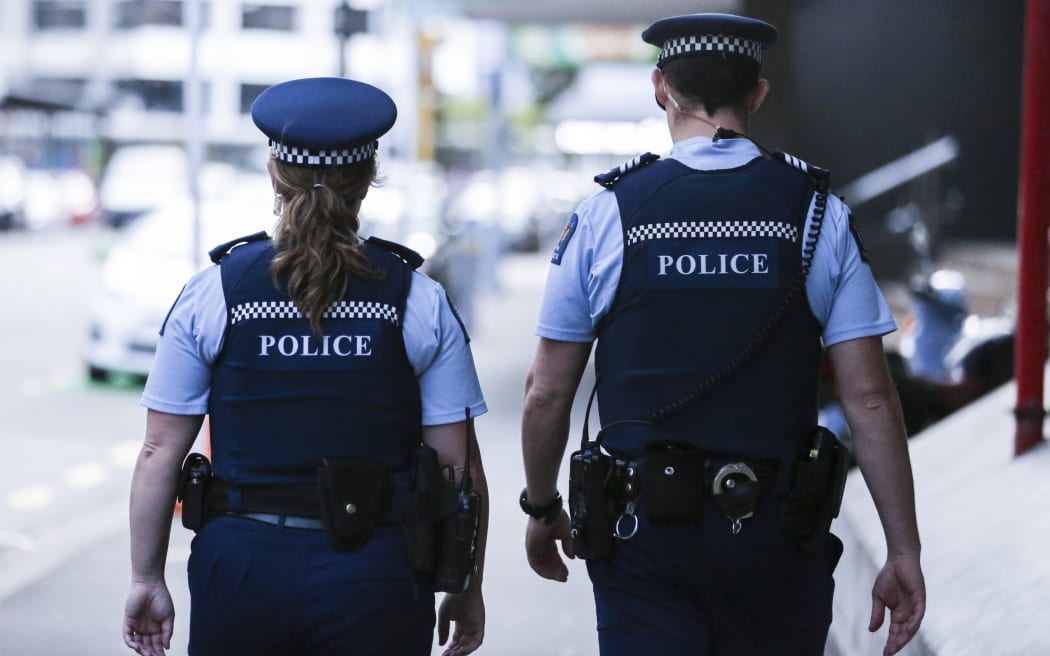
Photo: RNZ / Richard Tindiller
The Mental Health Foundation has launched a petition calling on police to stop its plan to scale back attendance at mental health callouts.
In November, police announced a four-phase plan to reduce the time spent at mental health callouts.
From 4 November, police launched phase one and started cutting back on time spent escorting voluntary mental health patients to emergency departments and between hospitals, and attending incidents at mental health facilities.
Mental Health Foundation chief executive Shaun Robinson told Nine to Noon there was no adequate plan in place to support the transition away from the use of police officers and the police plan must be halted until an alternative service was in place.
The first phase had already caused serious problems in the mental health sector, Robinson said
He understood the next phase was to spend only an hour with patients waiting in emergency departments (EDs) to be assessed under the Mental Health Act and it would be introduced in the next fortnight.
The current target for EDs was to see a patient within six hours, Robinson said.
"How EDs are expected to cope with a seriously unwell person with mental health concerns, in crisis, without additional resources and without a lead-in time to build up capacity and build up that new service - it just beggars belief that they would do this."
There was talk from the government about a wider plan for a replacement service.
"But there are absolutely no details - no budget attached, no timeframe on how we will recruit the staff to develop the alternative services, and a lot of pressure from police for this to go ahead," Robinson said.
The Mental Health Foundation's petition calls for the process to stop until a proper plan for replacement services was established.
RNZ approached police for details on the next phase of its scaling back of mental health callouts.
A spokesperson said police would have more to say later this week.
Health New Zealand national chief mental health and addiction, Leeanne Fisher, also said further details would be released in the coming week.
"At the heart of these changes is ensuring people receive the right mental health care at the right time, and their safety and that of kaimahi delivering that care is paramount. This is why agencies have committed to safely phasing in these changes."






